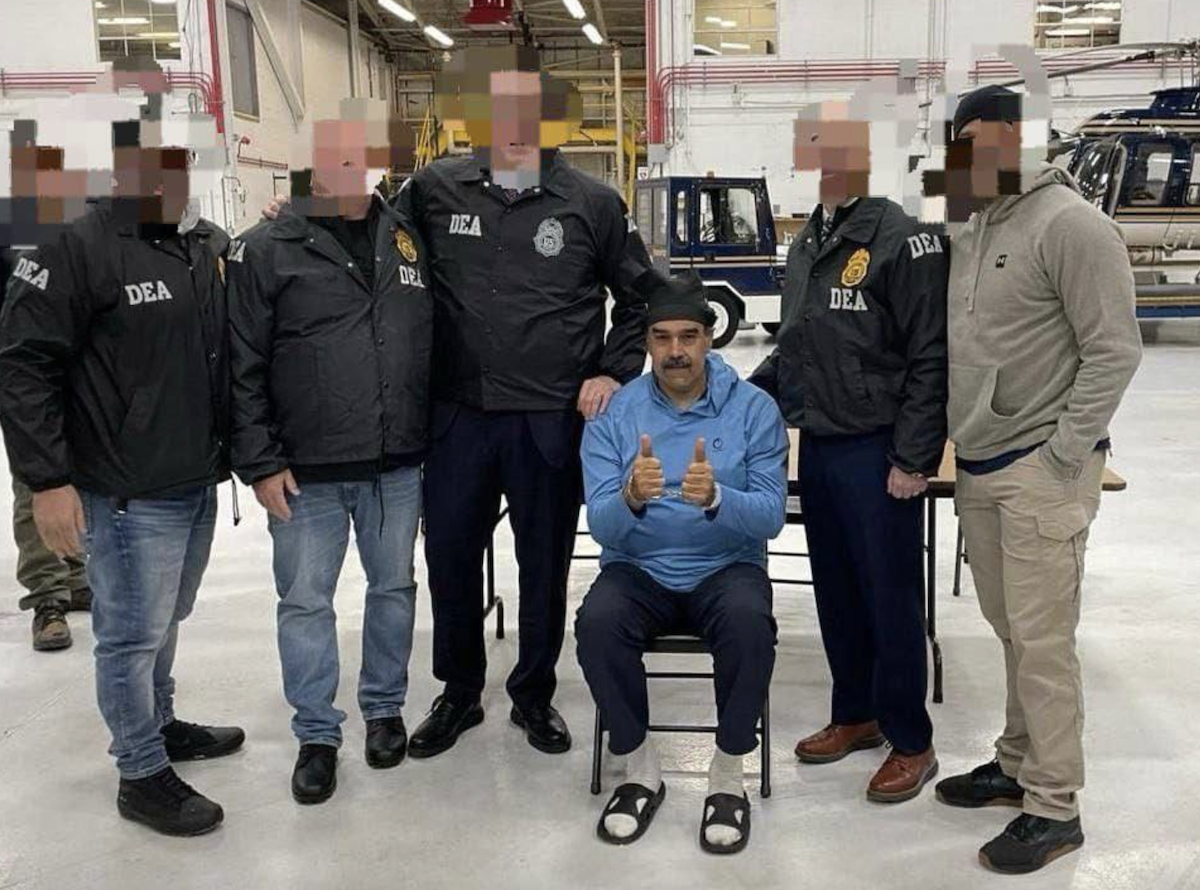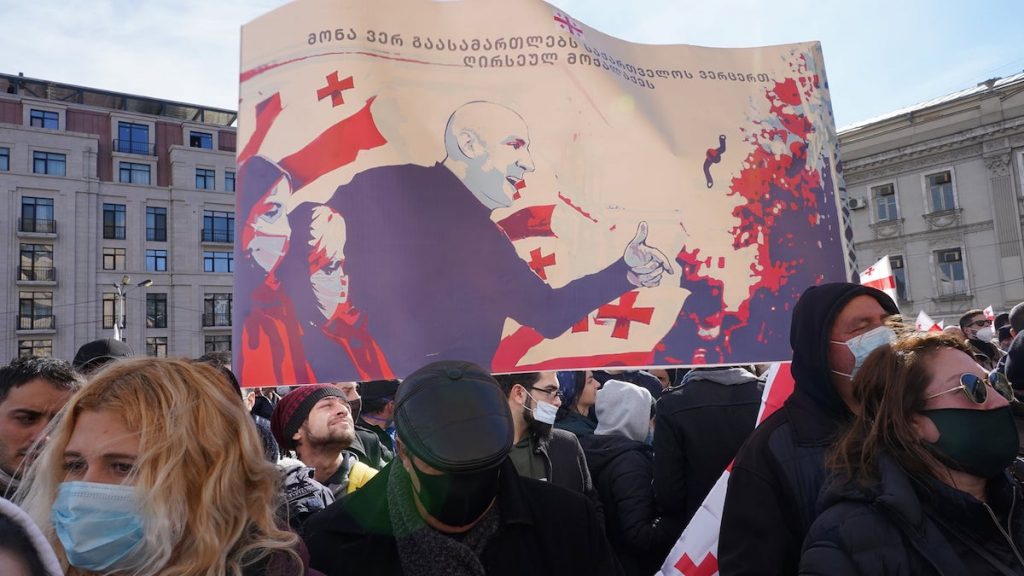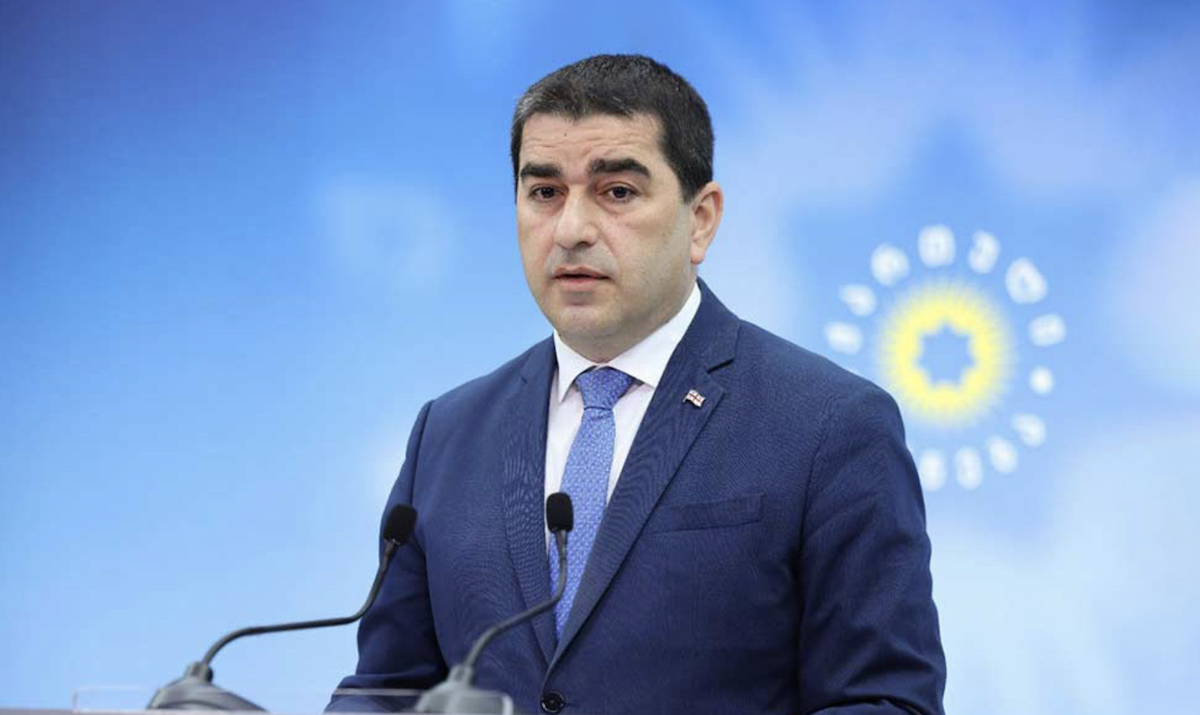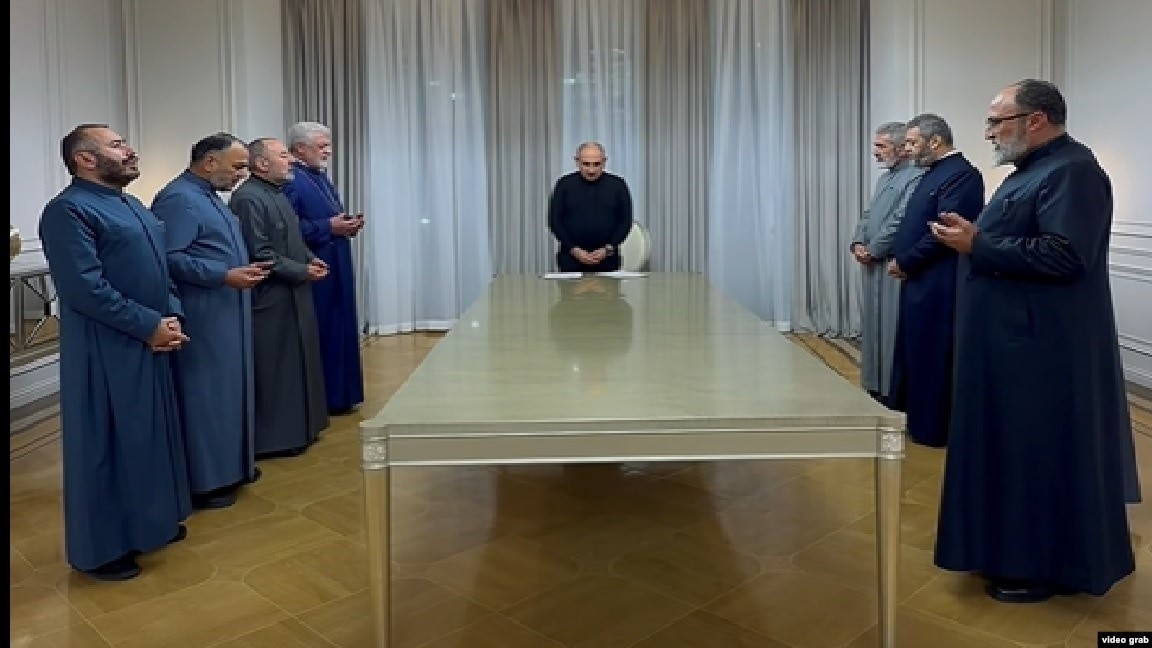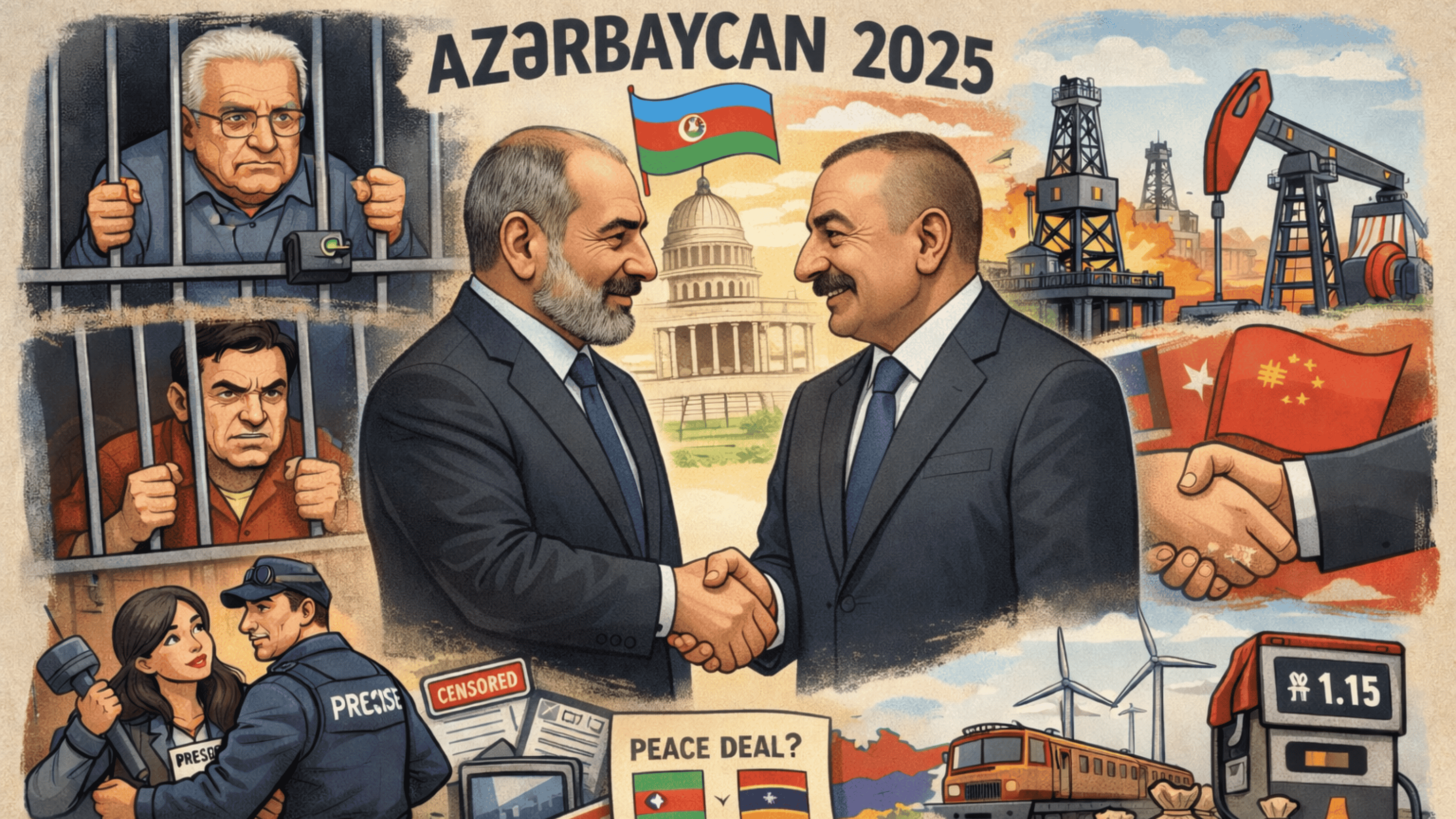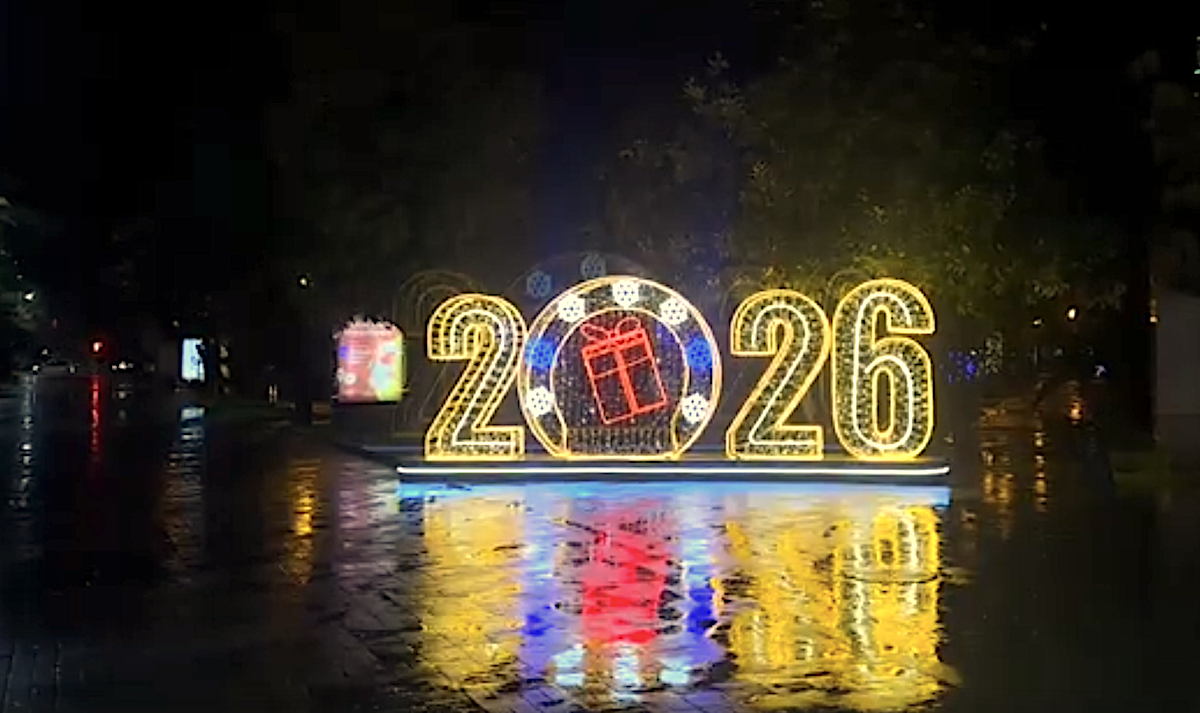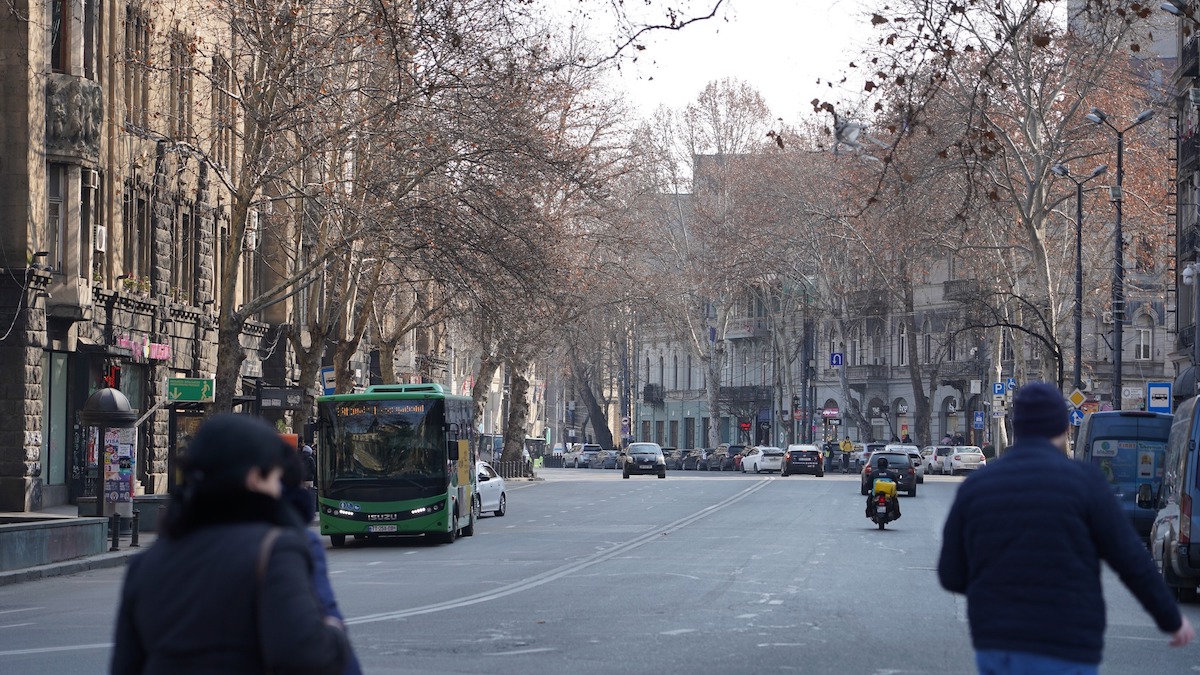Share














Most read
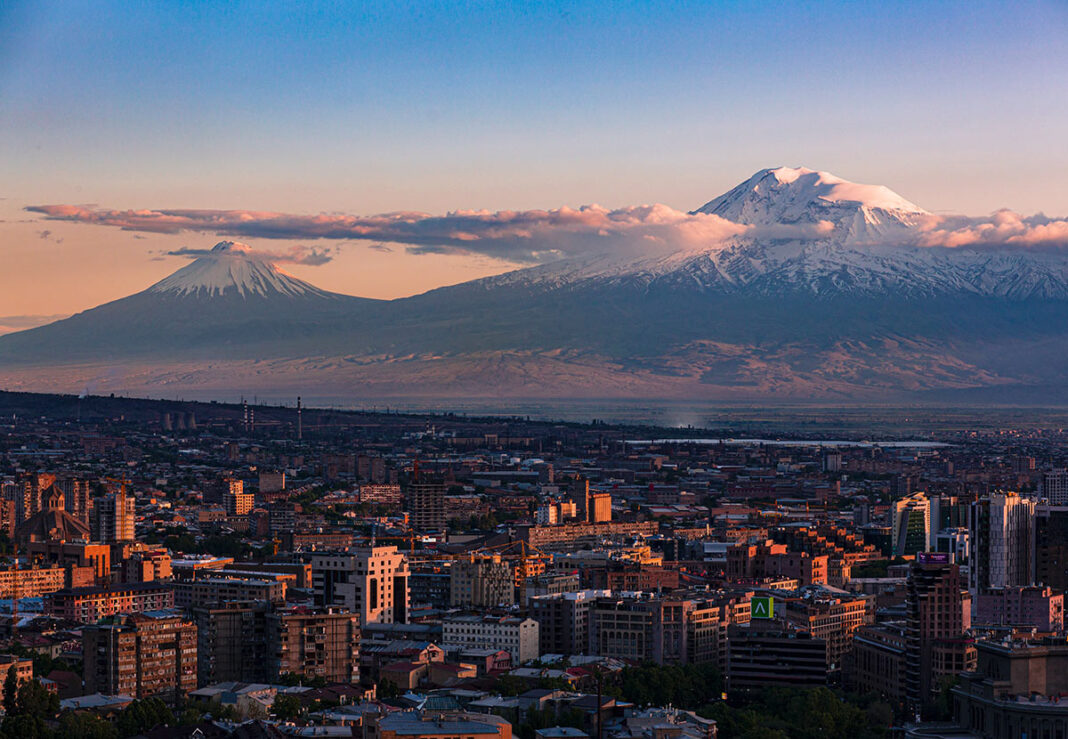
Armenia in 2025: key developments with long-term impact
Azerbaijan in 2025: repression, human rights abuses and international agreements
Top stories in Azerbaijan, Armenia, and Georgia from 29-31 December, 2025
Confrontation between government and church continues in Armenia: Pashinyan on steps to remove Catholicos
New laws coming into effect in Georgia from January 2026

Finland detains Azerbaijani man over alleged Russian steel transport, cable sabotage
'EU is no longer a global geopolitical player' -Georgian Dream parliament speaker
Confrontation between government and church continues in Armenia: Pashinyan on steps to remove Catholicos
New laws coming into effect in Georgia from January 2026
Azerbaijan in 2025: repression, human rights abuses and international agreements
